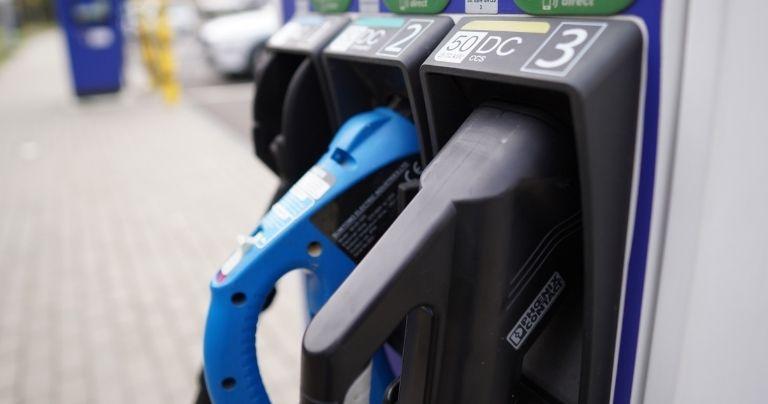Government reviews guidelines for EV charging infra
By EPR Magazine Editorial January 17, 2022 5:27 pm IST
By EPR Magazine Editorial January 17, 2022 5:27 pm IST

The guidelines include provisions for individual owners of Electric Vehicles and for Public Charging Stations.
The Union Ministry of Power has promulgated the revised consolidated guidelines and standards for charging infrastructure for Electric Vehicles (EV) recently. The objective is to enable faster adoption of electric vehicles in India by ensuring safe, reliable, accessible and affordable charging Infrastructure and eco-system. This would also promote energy security and reduction of emission intensity of the country by promoting of entire EV ecosystem.
These guidelines are exhaustive and include provisions for a) individual owners of Electric Vehicles; b) for Public Charging Stations (PCS). In a significant step, Owners may charge their Electric Vehicles at their residence/offices using their existing electricity connections. Infrastructure requirements for Public Charging Infrastructure as well as for Public Charging Infrastructure for long-range EVs and/or heavy-duty EVs have been outlined.
Any individual/entity is free to set up public charging stations without the requirement of a license provided that, such stations meet the technical, safety as well as performance standards and protocols laid down under the guidelines as well as norms/standards/specifications laid down by Ministry of Power, Bureau of Energy Efficiency (BEE) and Central Electricity Authority (CEA) from time to time. An exhaustive list of compliance requirements for Public Charging Station (PCS) has also been outlined. These include norms for “appropriate” infrastructure for civil, electricity and safety requirements.
Technology agnostic Charging Standards: The guidelines have been made further technology-agnostic by providing for not only the prevailing international charging standards available in the market but also the new Indian charging standards.
Land at promotional rates for installation of PCS through a Revenue Sharing Model: In order to address the challenge of making a charging station financially viable in the period of growth of Electric Vehicles, a revenue sharing model has been put in place for land used for the same. Land available with the government/public entities shall be provided for installation of public charging stations to a government/public entity on a revenue-sharing basis for the installation of public charging station at a fixed rate of ₹ 1 / kWh (used for charging) to be paid to the land-owning agency from such PCS business payable on quarterly basis. A model revenue sharing agreement has also been included under the guidelines. Such revenue-sharing agreement may be initially entered by parties for a period of 10 years. The revenue-sharing model may also be adopted by the public land-owning agency for providing the land to a private entity for installation of public charging stations on bidding basis with floor price of ₹ 1 / kWh.Timelines for providing connectivity for the installation of Public Charging Station (PCS): Timelines have been prescribed as per the Electricity (Rights of Consumers). Accordingly, PCS shall be provided connection within seven days in metro cities, fifteen days in other municipal areas and thirty days in rural areas. Within these timelines the distribution licensees shall provide new connection or modify an existing connection.
Tariff for supply of electricity to EV Public Charging Stations: The tariff for supply of electricity to Public EV Charging Stations shall be a single part tariff and shall not exceed the “Average Cost of Supply” till 31st March, 2025. The same tariff shall be applicable for Battery Charging Station (BCS). The tariff applicable for domestic consumption shall be applicable for domestic charging.
Open Access: Any Public Charging Station/ Chain of Charging Stations may obtain electricity from any generation company through open access. Open Access shall be provided for this purpose within 15 days of receipt of the application complete in all respect. They will be required to pay the applicable surcharge – equal to the current level of cross subsidy (not more than 20 percent, as per the Tariff Policy Guidelines), transmission charges and wheeling charges. No other surcharge or charges shall be levied except mentioned in this provision.
These Guidelines and Standards shall supersede the Revised “Charging Infrastructure for Electric Vehicles – Guidelines and Standards” issued by the Ministry of Power on 1st October 2019 and subsequent amendments dated 08.06.2020. The complete guidelines can be accessed on the website of the Ministry of Power.
We use cookies to personalize your experience. By continuing to visit this website you agree to our Terms & Conditions, Privacy Policy and Cookie Policy.